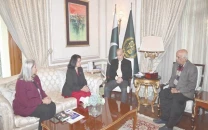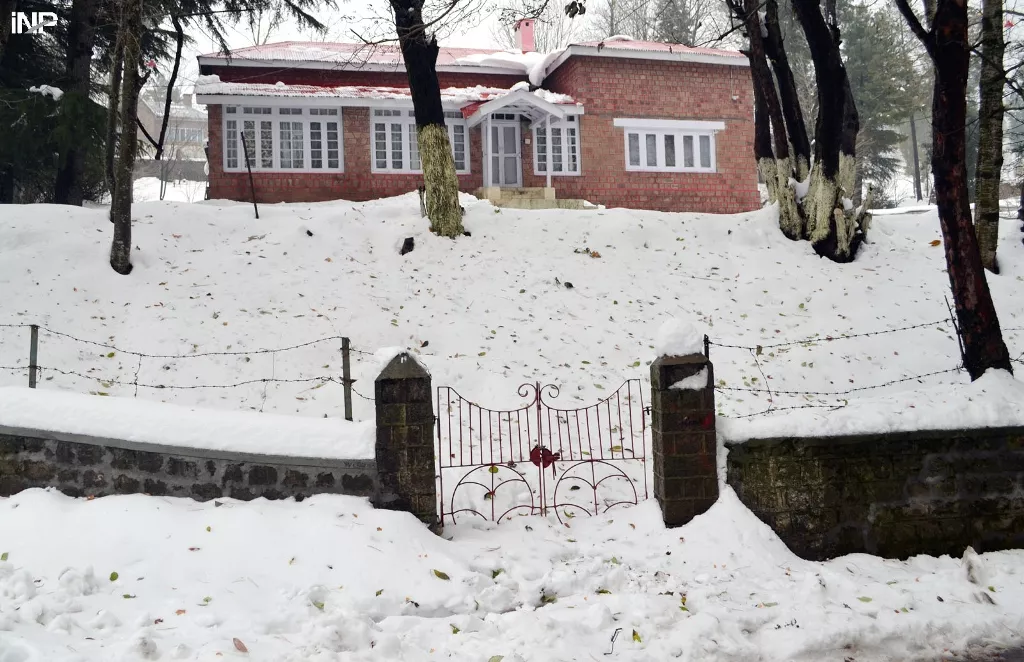SAFMA seminar: ‘Lack of public pressure led to military dominance’
Speakers reflect upon imbalance in civil-military relationship.

SAFMA seminar: ‘Lack of public pressure led to military dominance’
The obscure relationship between civil and military forces in Pakistan remained at the centre of discussion at a seminar organised by the South Asia Free Media Association (SAFMA) on Friday.
Discussing the ‘civil-military relationship in a parliamentary democracy’, senior politicians, intellectuals and veteran journalists concluded that political forces in the country still had a long way to go before they can take over the military’s decades-old dominance.
Ayaz Amir of the Pakistan Mulsim League-Nawaz (PML-N), former information minister from the Pakistan Peoples Party (PPP), Qamar Zaman Kaira, columnist and writer Ayesha Siddiqa, and journalist and analyst Imtiaz Alam spoke to an audience comprising people from the military, media and civil society.
Amir maintained that the political leadership of every era had their chance to bring the military ‘under their thumb’ but managed to lose it. “Our political leadership lacks the wisdom and intellectual capability required to counter the dominance of military,” said Amir.
“At different times, political leaders, including Zulfiqar Ali Bhutto, Nawaz Sharif and Prime Minister Yousaf Raza Gilani, bailed out the military during difficult times, whereas they could have brought them under their thumbs,” said the MNA.
Published in The Express Tribune, January 7th, 2012.


















COMMENTS
Comments are moderated and generally will be posted if they are on-topic and not abusive.
For more information, please see our Comments FAQ